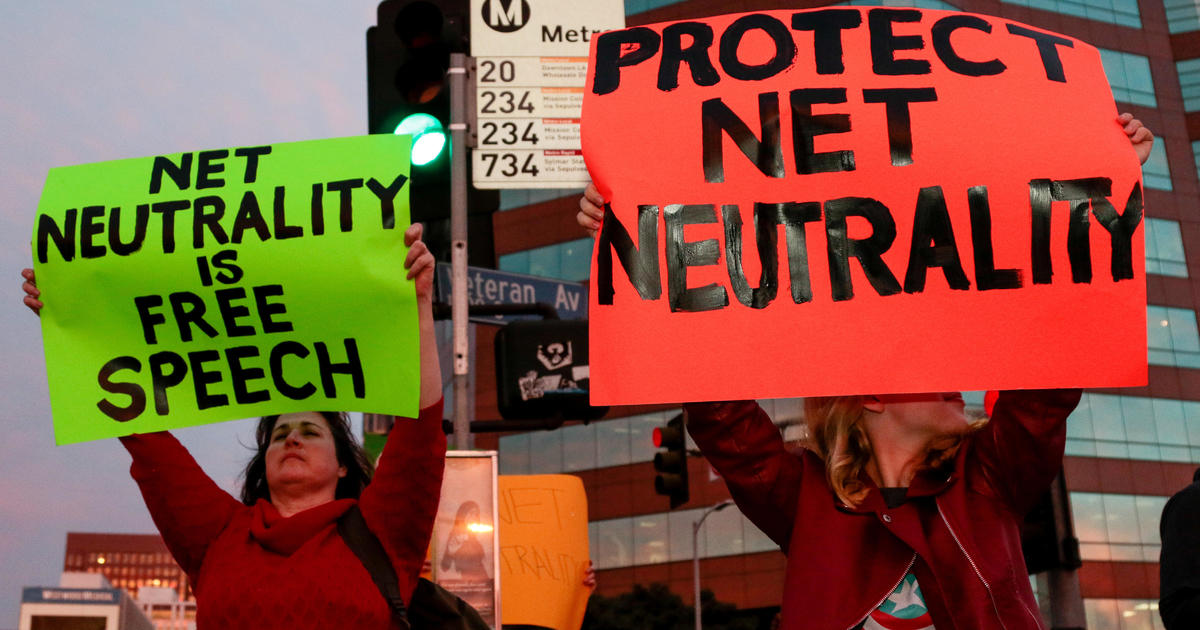A federal judge ruled on Tuesday that California could, for the first time, enforce its tough net neutrality law, paving the way for the state to ban Internet service providers from slowing down or blocking access to sites and apps that don’t pay for premium service.
Former Governor Jerry Brown signed the account in 2018, making California the first state to pass a net neutrality law. Proponents of the open Internet hope the law will encourage Congress and other states to follow suit. The Trump administration quickly filed a lawsuit to block the law, which prevented it from taking effect for years while the case was closed in court.
The Biden government withdrew the suit earlier this month. But in a separate lawsuit, the telecommunications industry asked a federal judge to continue blocking the law. On Tuesday, United States District Court judge John A. Mendez denied the request, allowing California to start enforcing the law.
California state senator Scott Wiener, a Democrat from San Francisco and author of the law, called the decision “a great victory for open access to the internet, our democracy and our economy”.
“The Internet is at the center of modern life. We should all be able to decide for ourselves where to go on the Internet and how to access information,” said Wiener. “We cannot allow large corporations to make these decisions for us.”
In a joint statement, several telecommunications industry associations said they would review the judge’s decision “before deciding on the next steps”. They asked Congress to establish network neutrality rules for the country, rather than relying on states to create their own regulations.
“A state-to-state approach to Internet regulation will confuse consumers and hinder innovation, and the importance of broadband for all has never been more apparent,” says the statement by the Cellular Telecommunications and Internet Association, ACA Connects, the National Cable and Telecommunications Association and USTelecom.
California law was spurred on by the 2017 Federal Communications Commission decision to repeal the nationwide network neutrality rules. The telecommunications industry fought hard against the project, arguing that it would discourage companies from investing in faster internet speeds.
But advocates say that without the rules, it would be easier for ISPs to favor their own services by making it harder for customers to access their competitors’ websites and applications.
The law aims to prohibit Internet service providers from reducing the flow of customer data based on the content they are viewing. It also prevents providers from speeding up access to sites willing to pay more for special treatment.
“The ability of an Internet service provider to block, slow down or speed up content based on the user’s ability to pay for the service degrades the very idea of a competitive market and the open transfer of information at the center of our world more and more digital and connected, “said California Attorney General Xavier Becerra.
